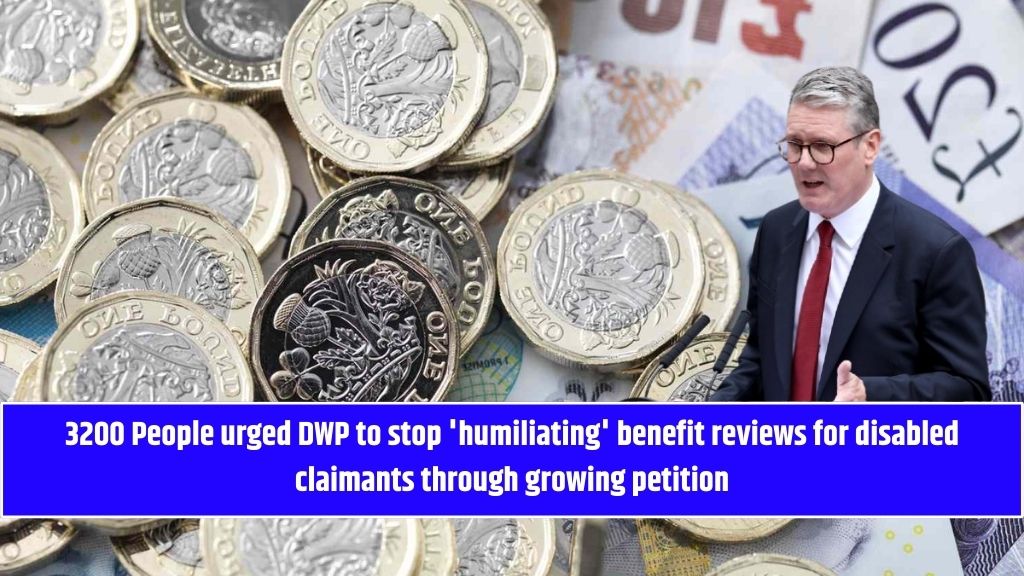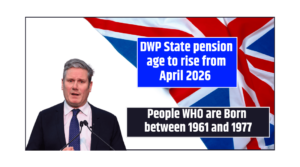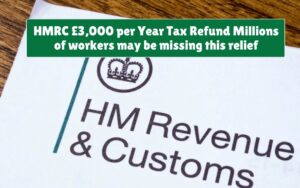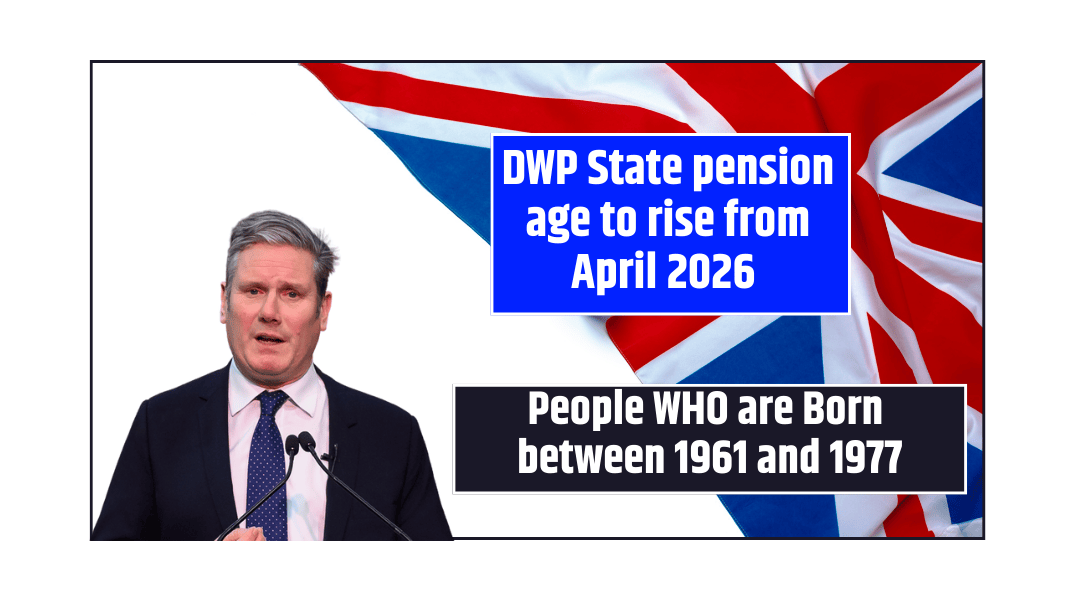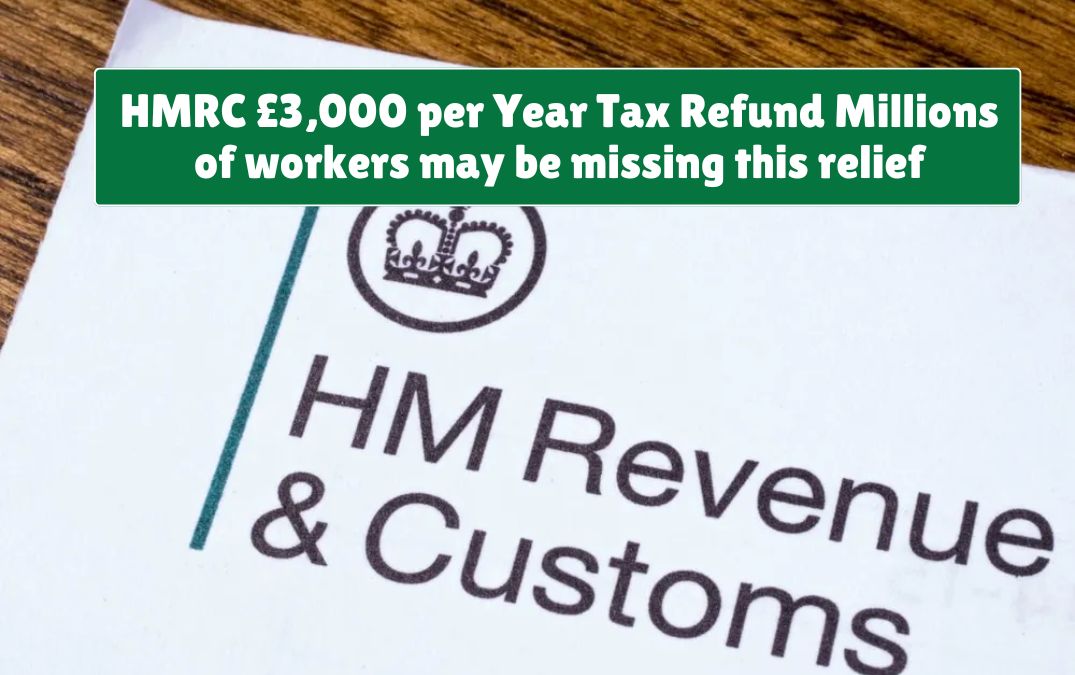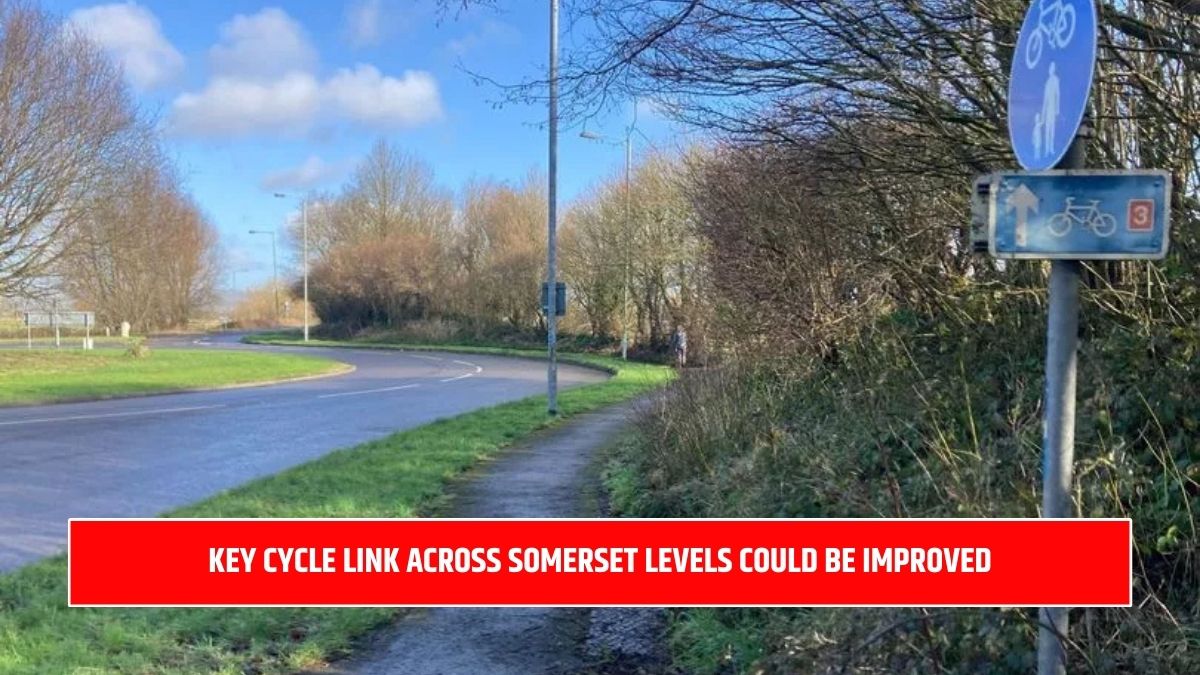A new online petition is gaining momentum, urging the Department for Work and Pensions (DWP) to stop repeated Personal Independence Payment (PIP) assessments for disabled individuals. The petition highlights concerns over the distress and anxiety caused by these repeated evaluations, which many feel are unnecessary and dehumanising.
Gary Robinson, the petition’s creator, argues that decisions about ending PIP awards should be based on medical evidence rather than being part of a cost-saving exercise. With over 3,200 signatures already collected, the petition is on track to potentially spark a Parliamentary debate if it gains enough support.
Let’s explore the key points behind this petition, why it resonates with so many people, and what could happen next.
What Is PIP and Why Are Reassessments Happening?
Personal Independence Payment (PIP) is a benefit provided by the DWP to help individuals with long-term health conditions or disabilities manage their daily living and mobility costs.
However, claimants often undergo regular reassessments, even when their conditions are:
- Permanent or degenerative (e.g., Parkinson’s disease or multiple sclerosis)
- Unlikely to improve over time
These assessments can involve in-person interviews, medical reviews, and repeated evidence submissions, which many claimants find:
- Stressful and emotionally exhausting
- Unnecessary when dealing with lifelong conditions
- Intrusive, with some describing the process as interrogation-like
The petition demands that these repeated assessments stop for individuals with permanent disabilities, calling for a fairer and more compassionate approach.
Key Demands of the Petition
The petition, titled “Stop DWP repeating PIP assessments for disabled people”, outlines the following demands:
- End Repeated PIP Assessments:
- Stop routinely reassessing individuals with lifelong or degenerative conditions.
- Medical Evidence-Based Decisions:
- Ensure that medical professionals—not cost-cutting initiatives—make decisions about PIP eligibility.
- Respect for Disabled Individuals:
- Treat applicants with dignity and understanding, eliminating the legal battles many face to prove their eligibility.
The petition argues that these repeated assessments are unnecessary for many claimants and cause significant emotional distress.
Why Are PIP Assessments So Controversial?
1. Impact on Mental Health
- Many claimants report feeling anxious and stressed before assessments.
- The process can trigger mental health issues, especially for individuals with conditions like anxiety, PTSD, or depression.
2. Lack of Trust in the System
- Some claimants feel that assessors lack specialised knowledge of their conditions.
- Concerns exist about assessments being cost-driven rather than needs-based.
3. Frequent Appeals and Legal Battles
- A significant number of PIP decisions are challenged and overturned through Mandatory Reconsiderations or appeals.
- The repeated legal battles contribute to the emotional toll on disabled individuals and their families.
What Happens If the Petition Gains More Support?
The petition is hosted on the UK Government’s petitions website. Here’s what could happen next:
- At 10,000 signatures: The Government will issue a formal written response.
- At 100,000 signatures: The petition may be debated in Parliament, giving MPs a chance to discuss potential reforms.
With 3,200 signatures already and growing daily, the petition has already sparked conversations across disability advocacy communities.
What Has the DWP Said About Reassessments?
The DWP has previously stated that reassessments are necessary to ensure that benefits go to those who need them. However, they have made some adjustments in recent years:
- Longer review periods for individuals with chronic conditions.
- Light-touch reviews for pensioners and claimants with severe, long-term disabilities.
Despite these changes, campaigners argue that the core issue remains—too many reassessments for conditions that are unlikely to improve.
The petition to stop repeated PIP assessments is gaining traction as more people share their personal experiences of distress and frustration with the system. While the DWP maintains that assessments ensure fairness and accuracy, disability advocates believe that long-term and degenerative conditions should not require frequent reassessments.
As the petition edges closer to the 10,000-signature mark, it could prompt a Government response—and potentially a Parliamentary debate—on how PIP assessments are handled for those with permanent disabilities.
If you feel strongly about this issue, you can add your name to the petition via the UK Government petitions website.
| Visit for More News and Updates | WSOA NEWS |
FAQ’s
What is the petition about?
The petition calls for the DWP to stop repeatedly assessing disabled individuals for Personal Independence Payment (PIP) when their conditions are permanent or unlikely to improve.
Who started the petition?
The petition was created by Gary Robinson and is hosted on the UK Government’s petitions website.
How many people have signed the petition so far?
Over 3,200 people have signed the petition, with the goal of reaching 10,000 signatures to prompt a government response.
Why are repeated PIP assessments controversial?
Many disabled individuals find repeated assessments distressing, intrusive, and unnecessary, especially when their conditions are long-term or degenerative.
What happens if the petition reaches 100,000 signatures?
If the petition reaches 100,000 signatures, it could be considered for debate by the Petitions Committee in Parliament.
What does the petition ask the DWP to change?
The petition asks the DWP to stop repeated PIP assessments for those with permanent conditions and to base decisions on medical evidence rather than cost-saving measures.
Where can I sign the petition?
The petition is available on the UK Government’s official petitions website. Search for ‘Stop DWP repeating PIP assessments for disabled people’.
